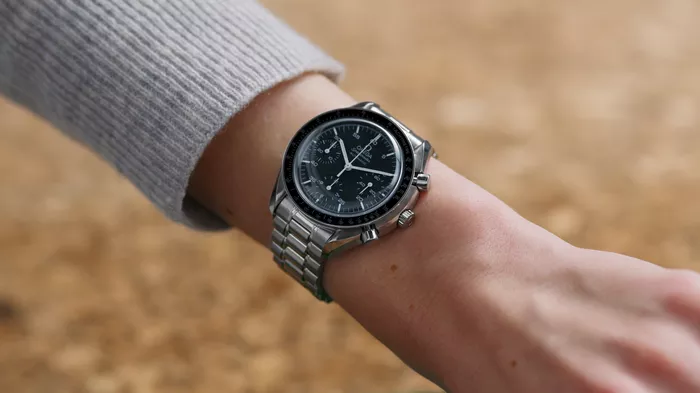The Omega Seamaster is a renowned luxury timepiece celebrated for its precision, durability, and design. Whether you are a seasoned collector or a new owner of an Omega Seamaster, understanding the correct winding procedure is crucial for maintaining its optimal performance. This guide provides a step-by-step approach to winding your Omega Seamaster, ensuring you get the most out of your watch.
Introduction
The Omega Seamaster has been a symbol of precision and elegance since its introduction. Proper winding of your Omega Seamaster is essential to ensure accurate timekeeping and to prolong the life of the movement. This guide will walk you through the entire winding process, from the basics of watch mechanics to specific steps for winding your Seamaster.
Understanding the Omega Seamaster Movement
Before diving into the winding process, it’s essential to understand the movement inside your Omega Seamaster. The Seamaster series often features Omega’s in-house automatic or quartz movements. Here’s a brief overview:
Automatic Movements: These movements are powered by the motion of the wearer’s wrist. They require manual winding only if the watch has not been worn for some time.
Quartz Movements: These are powered by a battery and require less frequent winding. The winding process is often related to adjusting the time and date.
Winding an Automatic Omega Seamaster
If your Omega Seamaster features an automatic movement, follow these steps:
1. Ensure the Watch Is Clean and Dry
Before winding, ensure your Seamaster is clean and dry. Moisture or dirt can damage the movement.
2. Locate the Crown
The crown is the small knob on the side of the watch case. For most Omega Seamaster models, it is situated at 3 o’clock. Pulling the crown out to different positions allows you to adjust various settings.
3. Pull the Crown Out to the First Position
For manual winding, pull the crown out to the first position, which is typically one click out from the fully pushed-in position. This is the winding position.
4. Wind the Crown
Turn the crown clockwise. You should feel resistance as you wind. It is recommended to wind the watch 30-40 times. Avoid over-winding, which can damage the movement. The watch is fully wound when you feel significant resistance.
5. Push the Crown Back In
Once winding is complete, push the crown back to its original position. This ensures that the watch is sealed and protected.
Winding a Quartz Omega Seamaster
Quartz watches are generally less involved in the winding process as they rely on a battery. However, if you need to adjust the time or date:
1. Locate the Crown
The crown is typically positioned at 3 o’clock. Pull it out gently.
2. Pull the Crown to the Second Position
Pull the crown out to the second position. This is the time-setting position.
3. Adjust the Time
Turn the crown clockwise or counterclockwise to set the correct time. Be sure to adjust the time when the seconds hand is at the 12 o’clock position to avoid damaging the movement.
4. Push the Crown Back In
Push the crown back to its original position to ensure the watch is sealed and protected.
See Also: Best Price Omega Speedmaster Professional
General Tips for Winding Your Omega Seamaster
1. Avoid Over-Winding
For automatic movements, over-winding can damage the internal mechanism. Wind until you feel resistance, but stop there.
2. Regular Winding
Even if you wear your Omega Seamaster daily, it’s a good practice to wind it manually once a week to ensure consistent performance.
3. Store Properly
When not in use, store your Omega Seamaster in a dry and cool place. Avoid exposure to extreme temperatures or magnetic fields.
4. Professional Servicing
Regular servicing by a professional ensures the longevity of your watch. Omega recommends servicing every 5-7 years.
Troubleshooting Common Issues
1. Watch Not Winding
If the watch isn’t winding properly, it might be due to a mechanical issue. Consult with a professional watchmaker or Omega service center.
2. Resistance While Winding
If you feel excessive resistance, stop winding immediately. This could indicate a problem with the movement. Seek professional advice.
3. Timekeeping Issues
If your watch isn’t keeping accurate time, it may need to be serviced. This could be due to various factors including dust or a mechanical fault.
Conclusion
Winding your Omega Seamaster correctly ensures its longevity and accuracy. By following these detailed steps, you can maintain your watch’s performance and enjoy its precision. Whether you own an automatic or quartz Seamaster, understanding the winding process is key to getting the most out of this prestigious timepiece.
Regular care, proper winding, and professional servicing will keep your Omega Seamaster in excellent condition for years to come. Always refer to the specific user manual for your Seamaster model for any additional details or unique instructions.


